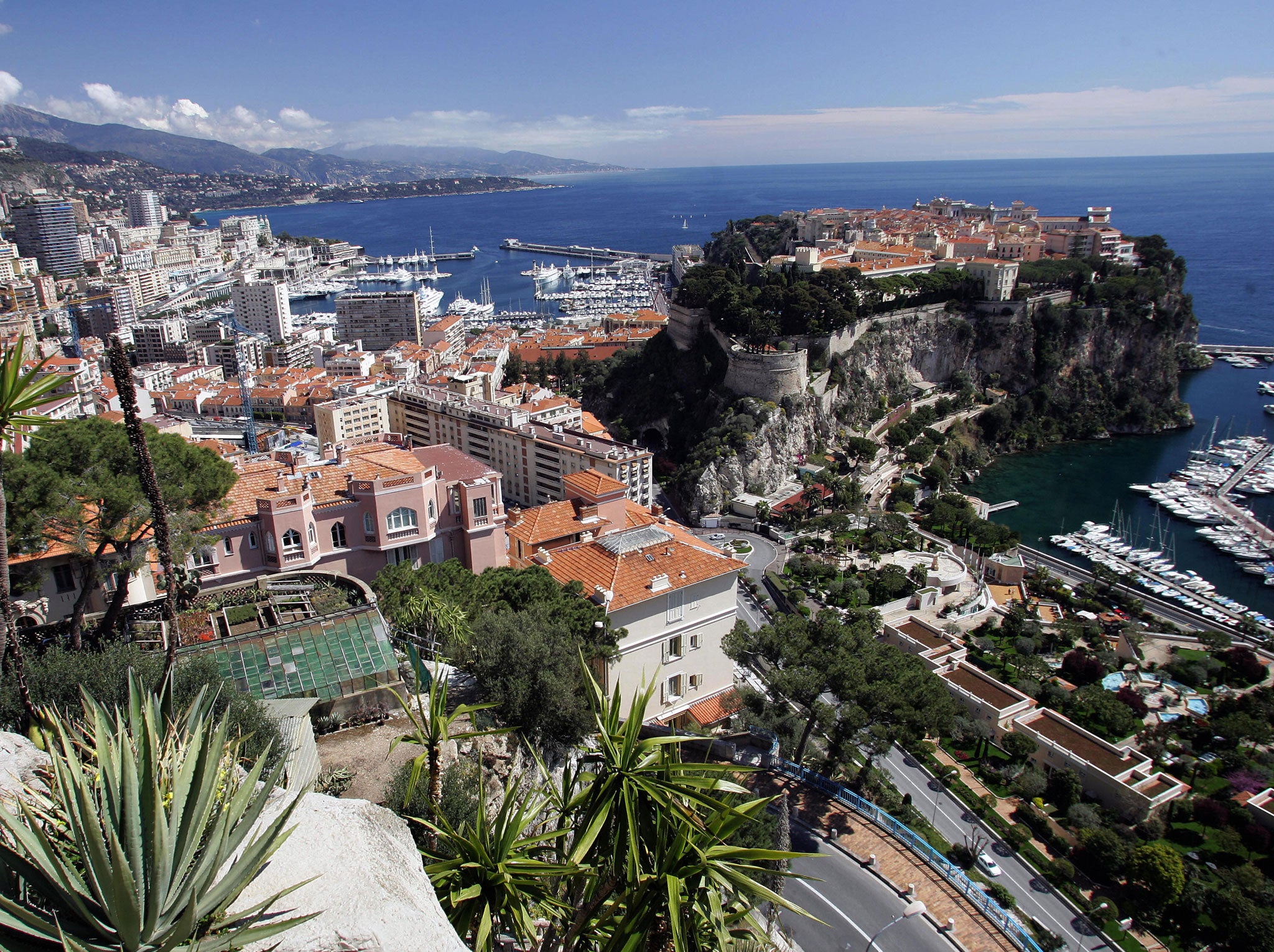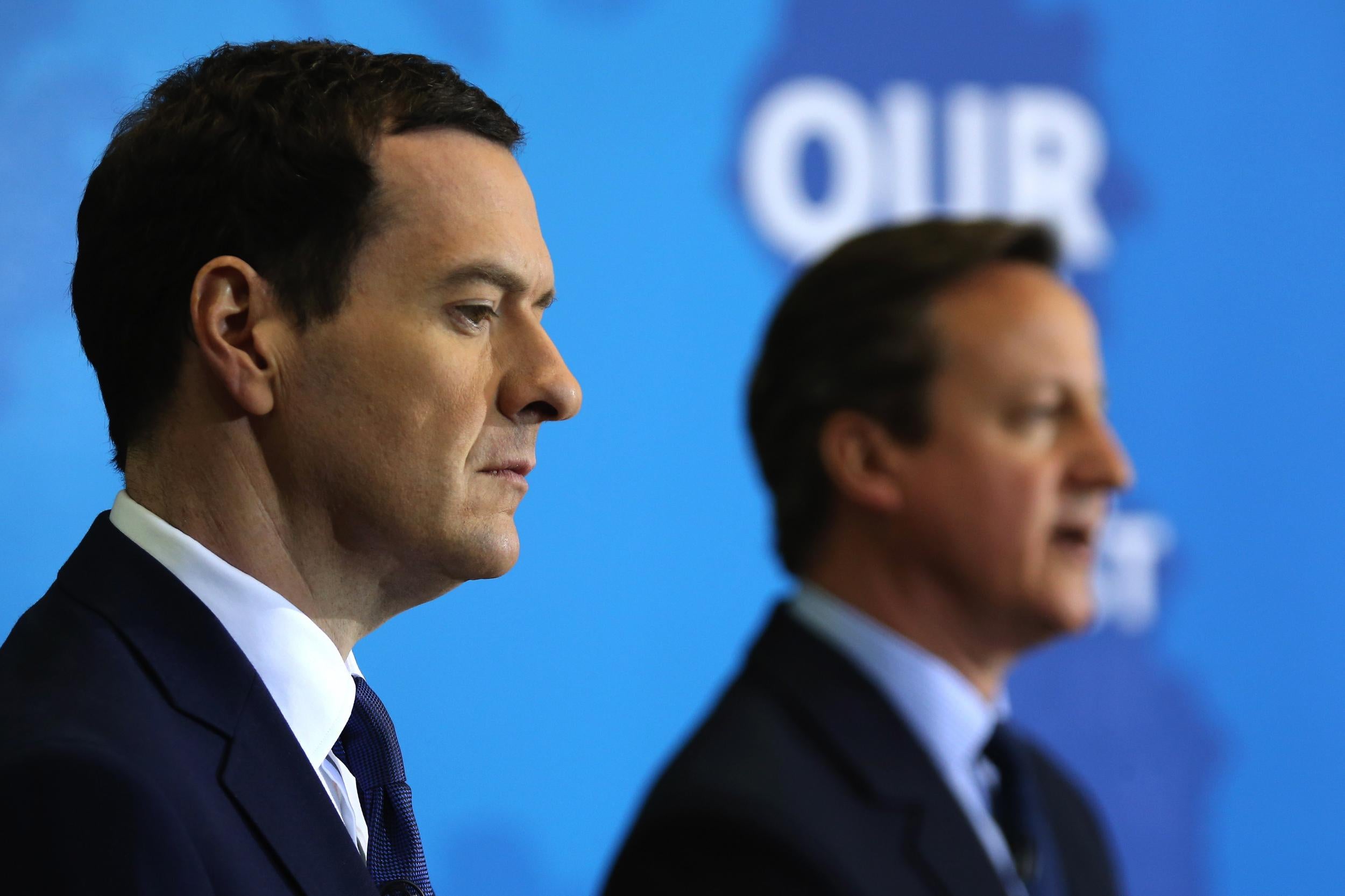International blacklist of tax havens will be drawn up, George Osborne announces
The Chancellor is visiting Washington for a meeting of the G20 finance ministers

The international community has agreed to draw up a blacklist of tax havens to help target sanctions against countries facilitating tax evasion, George Osborne has said.
The Chancellor said ahead of a meeting of G20 finance ministers in Washington that countries that refuse to “play by the rules” would have action taken against them.
The agreement comes after a week of turmoil since the leak of the so-called Panama Papers, which shone a light on the scale of offshore tax arrangements by wealthy individuals.
Mr Osborne himself, as well as the Prime Minister and the Leader of the Opposition, released details of their own tax affairs after coming under pressure to do so.
“We've got international agreement to a black list of tax havens and that means we can get global action against those who don't play by the rules,” the Chancellor said late on Friday.
“The world is getting a much colder place for the hotspots of international tax evasion.”
Mr Osborne, along with counterparts from Germany, France, Italy and Spain, had written to his G20 counterparts to urge international action.
Which countries would be included in the blacklist is likely to be a matter of heated debate, however.

David Cameron said at Prime Minister’s Questions on Wednesday that the UK supported the principle of tax haven blacklists but that countries should not be added to it only on the basis of being a low or zero-tax jurisdiction.
“We’re happy to support blacklists but we don’t think we should draw up a blacklist solely on the basis of a territory raising a low tax rate – we don’t think that’s the right approach,” he said.
The PM also argued that British Overseas Territories accused of being tax havens – such as the British Virgin Islands (BVI) and Cayman Islands – had in recent months agreed to cooperate in key areas.
The BVI itself was at the centre of the Panama Papers controversy after it emerged that the majority of offshore shell companies set up by Panamanian lawyers had been based there.
Both the BVI and Cayman were included on a European Commission blacklist of tax havens released in June last year. That list of 30 territories was based on countries being individually blacklisted by at least 10 individual EU member states
The European Union has now moved onto a new regulatory system which would require countries to report where profits were made and taxes paid within the EU and within a new blacklist of tax havens.
Join our commenting forum
Join thought-provoking conversations, follow other Independent readers and see their replies
Comments
Bookmark popover
Removed from bookmarks